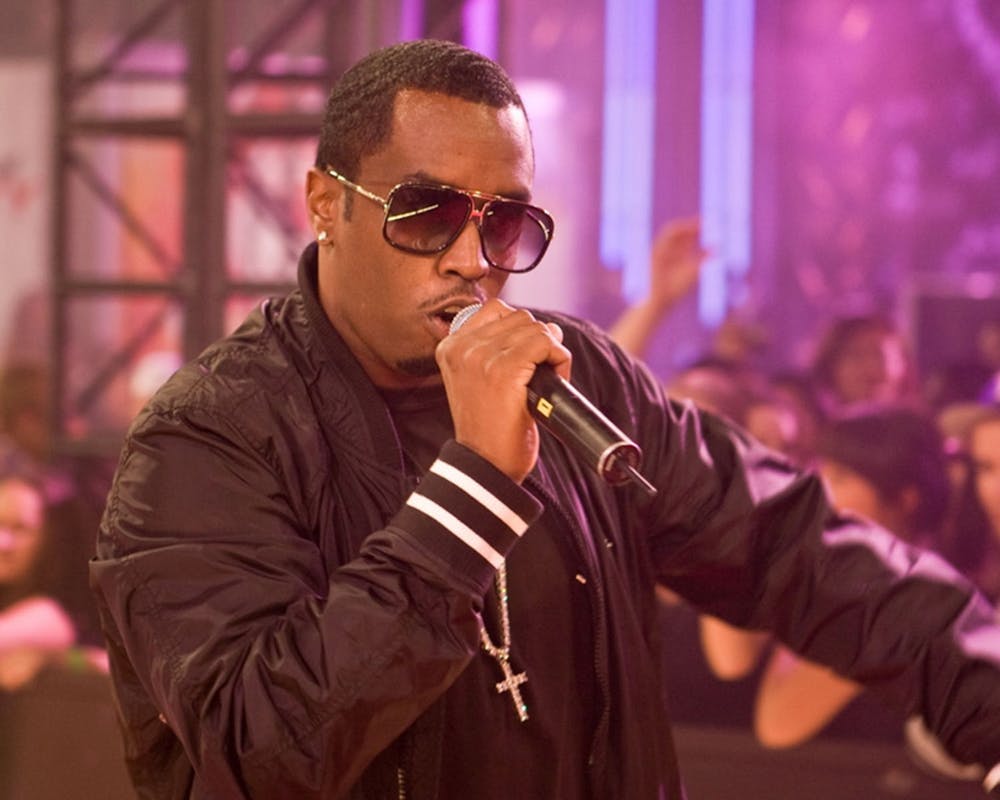The year is 1993. Three years into the final decade of the 20th century, and just seven years away from the new millennium. This was a burgeoning time in the music industry, specifically the rap scene. The 90s decade was marked by the massive rise of rap legends such as Tupac and Biggie, and the propulsion of rap as a genre into the mainstream. Following this explosion of interest in the genre was a slew of other rappers who got their start and became mainstream during this time.
One of those rappers happened to be the founder of the record company Biggie was signed to, and throughout his time has also cultivated and contributed to the mainstream breakthrough and success of numerous other artists. This person was Sean Combs, commonly known by his moniker P. Diddy.
In the year 1993, Diddy founded his record label ‘Bad Boy Records,’ signing numerous rapper and R&B artists. Four years later in 1997, Diddy released his debut studio album titled, “No Way Out,” which was met with widespread acclaim and success, peaking atop the Billboard 200 and spawning two Billboard Hot 100 no. 1 singles. His second, third and fourth albums all received similar success, all peaking within the top two of the Billboard 200 and earning him several more hits. In total, he earned five no. 1 hits between 1997-2003, an impressive feat indicative of his popularity at the time. However, his time in the mainstream was not limited to just a few years around his debut. He remained quite relevant well into the 21st century, staying an influential figure within his record label, managing a multitude of other artists and venturing into other industries, including fashion and reality TV.
Behind his status as a famous mainstream music artist, however, was an underlying history of criminal activities, the severity of which increased as time went on and more concerning information about him came to light. Once it did come to light, his empire crashed and burned. In late 2023, a civil lawsuit was filed against P. Diddy, accusing him of rape, sex trafficking, property damage and physical abuse. Although that lawsuit was settled out of court, it kickstarted a wave of litigation as more and more people came out about their experiences with him. At least nine other plaintiffs have sued him for various offenses, including revenge porn, sexual assault, sexual harassment and more. And all of this culminated this week, with Diddy’s arrest by federal agents.
Diddy was charged and indicted on three felony counts: racketeering, sex trafficking and transportation to engage in prostitution. The prosecution also alleges he partook in forced labor, kidnapping, arson, bribery and obstruction of justice.
According to the government, Diddy held “freak offs” in which he would use his power and status to lure female victims into his orbit and coerce them to engage in multiple sex acts against their will. As it stands right now, Diddy has been denied bail twice, with the court citing numerous witness tampering attempts.
The downfall of Diddy showcases the impact of the #MeToo movement, which grew in prominence and became mainstream in the 2010s. While there still remains stigma for people to come out about sexual abuse they have experienced, the stigma is slowly starting to fade as victims find solidarity with other victims.



The Slate welcomes thoughtful discussion on all of our stories, but please keep comments civil and on-topic. Read our full guidelines here.